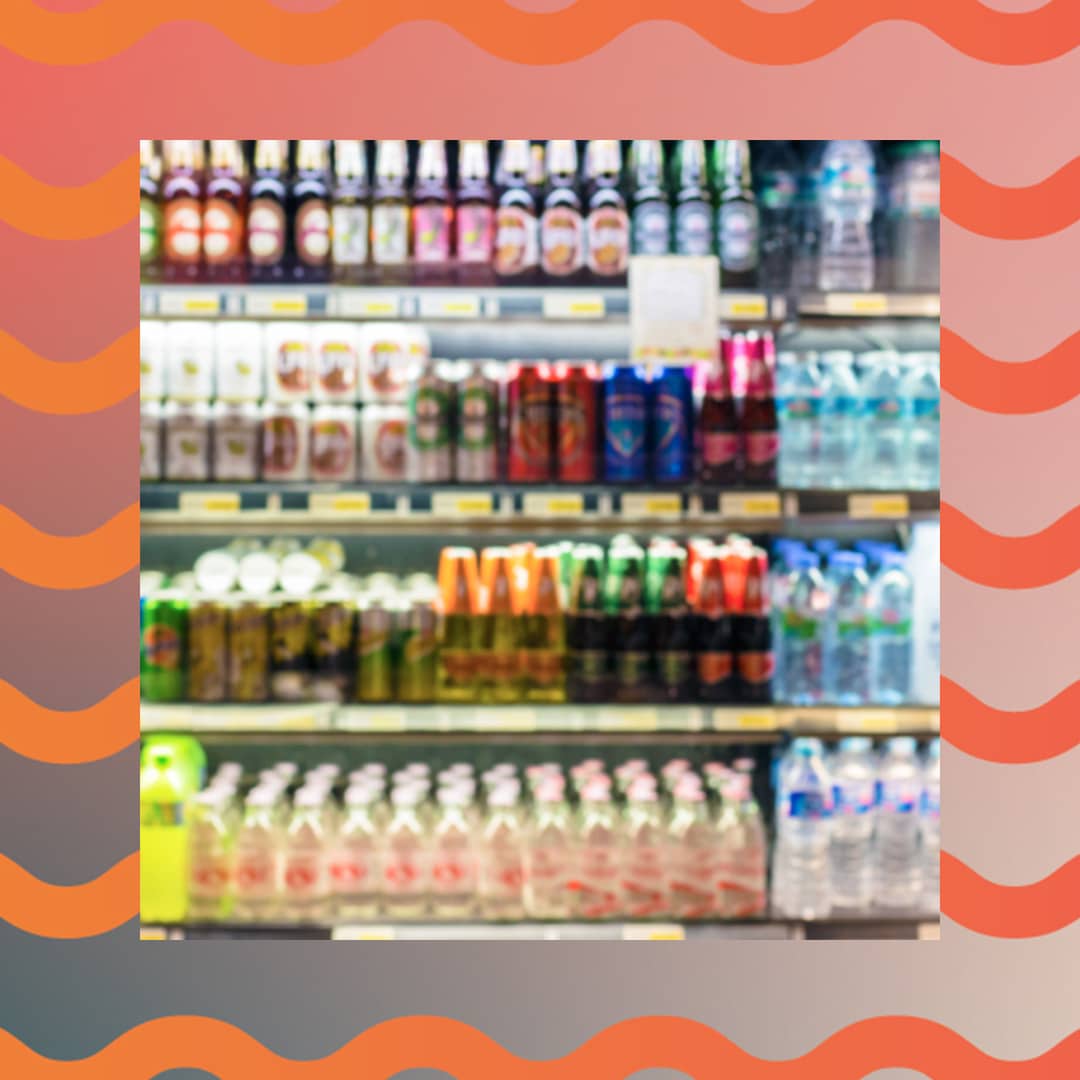The Illinois Liquor Control Commission (ILCC) announced the filing of an emergency rule to control retail placement of crossover products, according to a June 8 press release.
Under the new regulation, stores with large sales floors (over 2,500 square feet) cannot display crossover alcoholic products “immediately adjacent” to non-alcoholic offerings like soft drinks, fruit juice, bottled water, candy, or snack foods with cartoons or other youth-focused imagery. Smaller establishments must either separate co-branded beverages — such as SunnyD and its new hard equivalent — or post clear disclaimers on any displays placed near products typically marketed towards children.
“This product is an alcoholic beverage available only to persons who are 21 years of age or older,” the downloadable signage to be used by retailers says. The ILCC’s emergency regulation goes into effect immediately and will expire in October.
“Mistaking alcoholic beverages for non-alcoholic beverages is especially dangerous for those under the age of 21 and individuals with alcohol use disorders,” ILCC executive director Lisa Gardner says in the release. “This emergency rule aims to safeguard public health by preventing product confusion and prohibiting alcoholic beverage marketing that appeals to children.”
The ILCC isn’t the only one to voice concerns about the potential risks of co-branded alcohol. In February, lawmakers in Virginia proposed two bills to permanently set guidelines on retail sales of crossover products.
The Alcohol and Tobacco Tax Trade Bureau (TTB), the federal organization that oversees alcohol sales, has also addressed industry and consumer complaints in the past year.
This story is a part of VP Pro, our free content platform and newsletter for the drinks industry, covering wine, beer, and liquor — and beyond. Sign up for VP Pro now!


